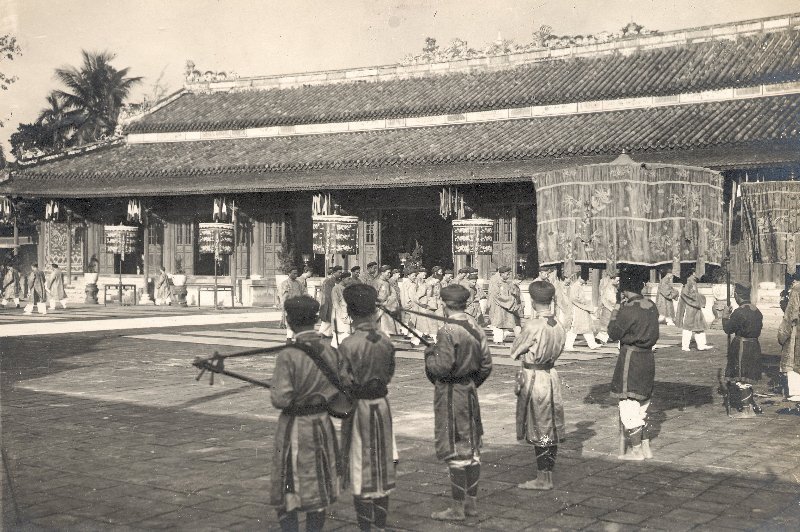
Trịnh Công Sơn (1939–2001) is one of Vietnam’s most celebrated musicians and songwriters. His profound and poetic songs, deeply embedded in Vietnamese culture, earned him a lasting legacy as a voice of his generation. Often referred to as the “Bob Dylan of Vietnam,” Sơn’s music transcends boundaries, resonating with themes of love, war, and the human condition.

Early Life and Artistic Journey
Born on February 28, 1939, in the province of Đắk Lắk in Vietnam’s Central Highlands, Trịnh Công Sơn showed an early interest in the arts. He spent his childhood moving across different provinces before settling in Huế, the city often referred to as the cultural capital of Vietnam. His family environment, steeped in intellectualism and artistic tradition, nurtured his early love for literature and music.
After finishing high school, Sơn briefly studied at the Pedagogy College of Saigon before shifting his focus to philosophy. His love for music, however, remained constant, and he began writing songs that reflected his thoughts on life, love, and society.
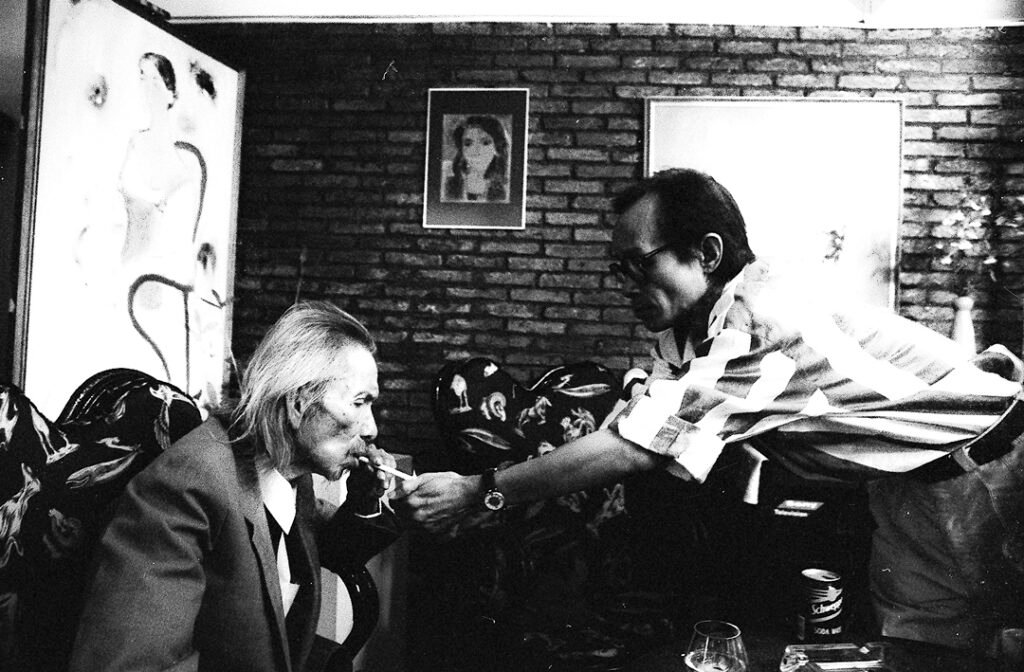
Musical Style and Themes
Trịnh Công Sơn’s music is known for its poetic lyrics and deep emotional resonance. His songs blend Vietnamese folk traditions with Western influences, creating a unique sound that captivated listeners across generations. His voice, though soft and understated, carried the weight of his lyrics with a gentle power.
Sơn’s music can be categorized into two primary themes: love songs and anti-war songs.
- Love Songs: Trịnh Công Sơn’s love songs, known as “Tình khúc,” are some of the most popular in Vietnamese music. They often explore themes of unrequited love, the beauty of fleeting moments, and the passage of time. Songs like “Diễm Xưa” (Diễm, My Old Flame), “Cát Bụi” (Dust), and “Hạ Trắng” (White Summer) are widely regarded as masterpieces of Vietnamese love ballads, evoking a deep sense of nostalgia and introspection.
- Anti-War Songs: As a young man during the Vietnam War, Trịnh Công Sơn was profoundly affected by the suffering and division that plagued his country. His anti-war songs, collectively known as “Ca Khúc Da Vàng” (Yellow Skin Songs), became anthems for peace and solidarity. Songs like “Nối Vòng Tay Lớn” (Joining Hands) and “Ngủ Đi Con” (Go to Sleep, My Child) called for unity, expressing his yearning for peace amid the horrors of war.
Despite their political undertones, Sơn’s songs were never overtly ideological. Instead, they reflected a humanistic vision, emphasizing compassion, love, and the futility of violence.
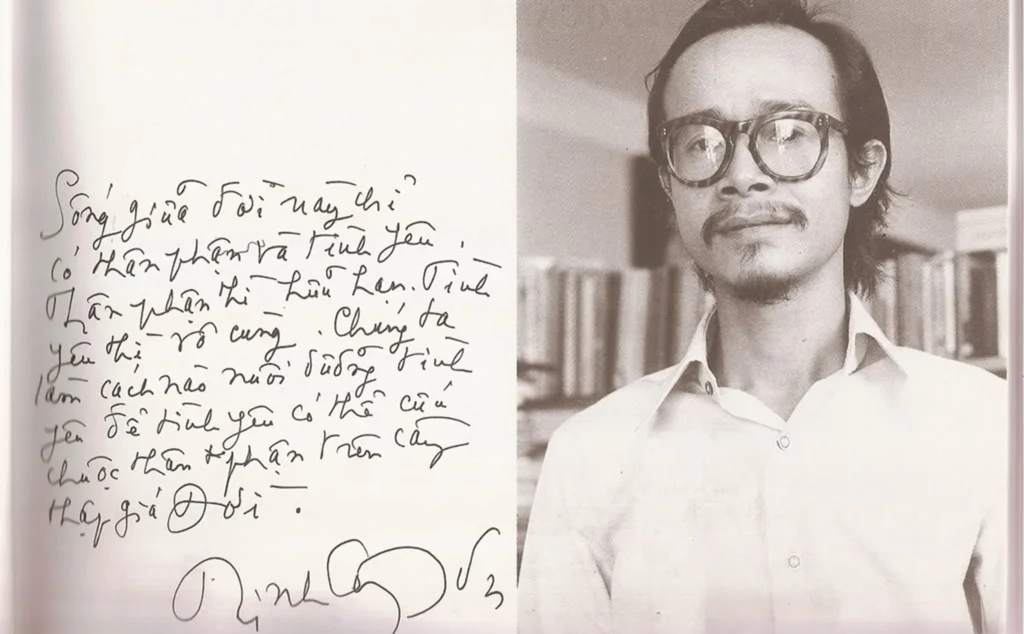
Cultural and Political Impact
Trịnh Công Sơn’s music was embraced by many, but it also faced scrutiny from various sides. His pacifist stance during the war was not always well-received by either the Northern or Southern factions. Nonetheless, his songs gained a following among soldiers, students, and civilians alike, who found solace in his words amid the chaos of war.
After the fall of Saigon in 1975, Sơn’s music was briefly banned by the new communist regime for its connections to the old government. However, he remained in Vietnam, and his contributions to music eventually earned him recognition from the government in the late 1980s and 1990s.
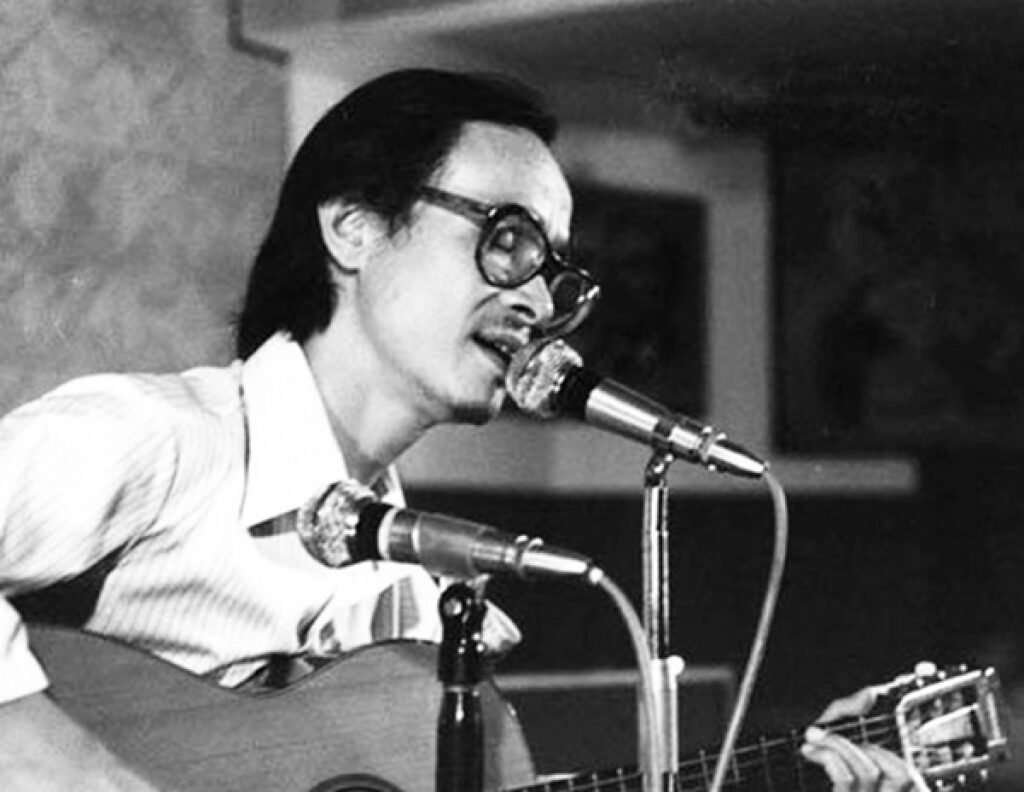
Legacy and Influence
Trịnh Công Sơn’s music has had a profound impact on Vietnamese culture, and his songs continue to be sung by both established and emerging artists today. His legacy lives on through the timeless quality of his work, which speaks to universal themes of love, loss, and the desire for peace.
Beyond Vietnam, his music has resonated with global audiences, particularly those who value art that reflects a deep commitment to social justice and human rights. His ability to capture the emotional and philosophical dimensions of life in such a tumultuous period made him a unique and powerful voice, not just for Vietnam, but for the world.
In 2001, after a long battle with illness, Trịnh Công Sơn passed away at the age of 62. His funeral was attended by tens of thousands of people, a testament to the deep love and respect that he commanded from his fellow citizens.
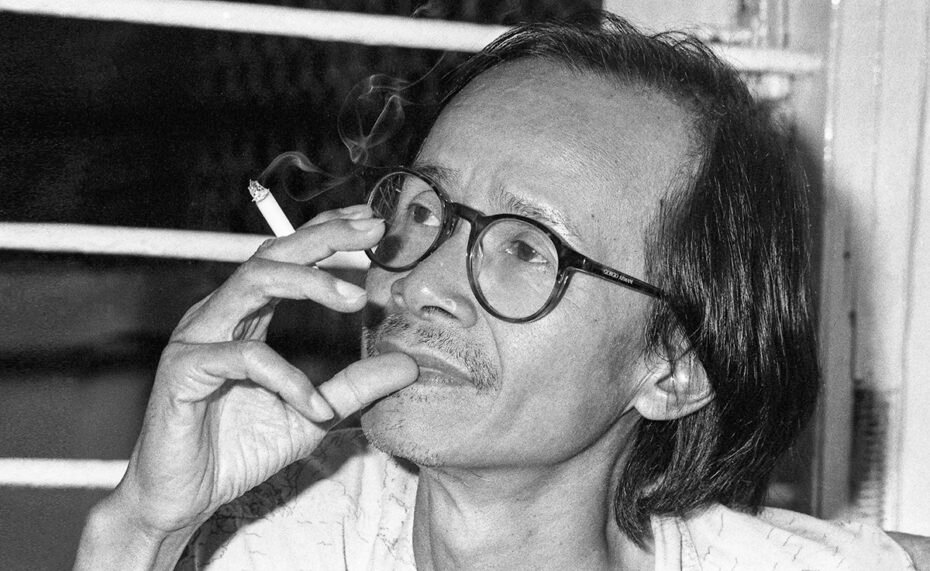
Conclusion
Trịnh Công Sơn remains an iconic figure in Vietnamese music and culture. His ability to convey profound emotions through simple, poetic lyrics, and his unwavering commitment to peace and humanity, have left an indelible mark on Vietnam’s cultural landscape. His songs, filled with deep philosophical reflections, continue to inspire generations, offering both solace and inspiration in an ever-changing world.
Today, more than two decades after his passing, Trịnh Công Sơn’s music endures as a powerful symbol of love, peace, and the resilience of the human spirit.

